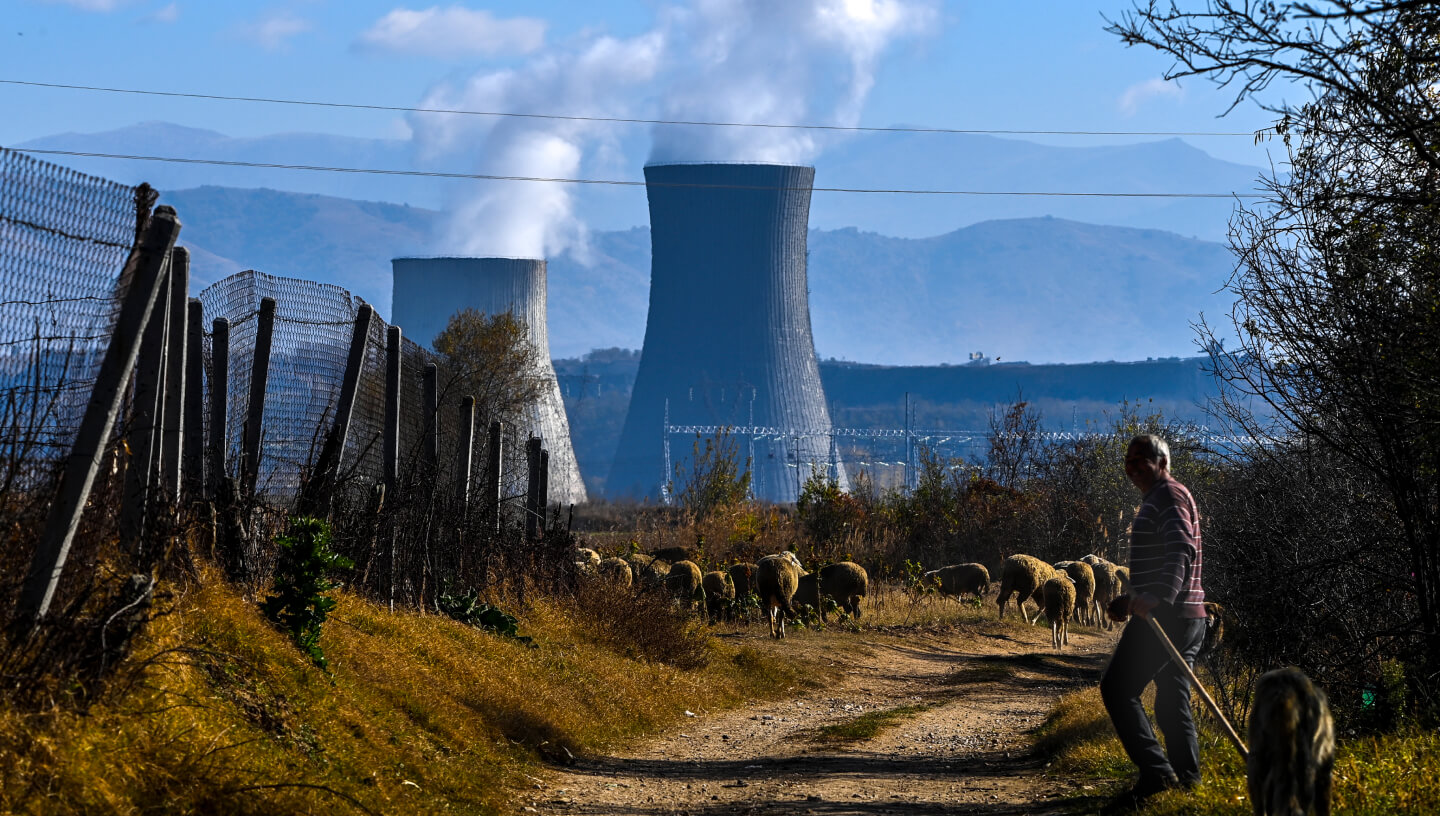02.11.2022
UNEP: countries are a long way from containing temperature rise within 1.5 °C
 Photo by: GEORGI LICOVSKI / EPA
Photo by: GEORGI LICOVSKI / EPA
The international community is still quite far from the goals stated in the Paris climate agreement. To date, there is still no credible and forward-looking plan to keep temperature rise within 1.5 °C of pre-industrial levels. This is the conclusion of a report by the United Nations Environment Programme (UNEP).
The report provides an overview of the difference between the projected level of greenhouse gas emissions by 2030 and the level that would avoid the worst effects of climate change.
Thus, the pledges made by nations are able to keep global temperatures between 2.4 °C and 2.6 °C by the end of this century. However, to avoid a climate catastrophe, the temperature increase should not exceed 1.5 °C compared to pre-industrial levels.
This would be possible provided that greenhouse gas emissions are reduced by 45%. At the current rate, however, emissions are projected to be reduced by less than 1% by 2030.
But UNEP is not just looking at the worst-case scenario. In a best-case scenario and with the full implementation of an NDC (nationally determined emission reduction contribution plan) and additional commitments to achieve carbon neutrality, a temperature increase of 1.8 °C can be achieved.
The report suggests that a climate catastrophe could be averted by rapid, if not urgent, change: in electricity, industry, transport and construction, as well as in the food and financial systems.
Equally important are the actions of the common man. By changing consumption and dietary habits, by choosing new, environmentally friendly technologies, everyone is making a significant contribution to tackling climate change.
Cover photo: Alexander Frolenok / TASS














































Comments